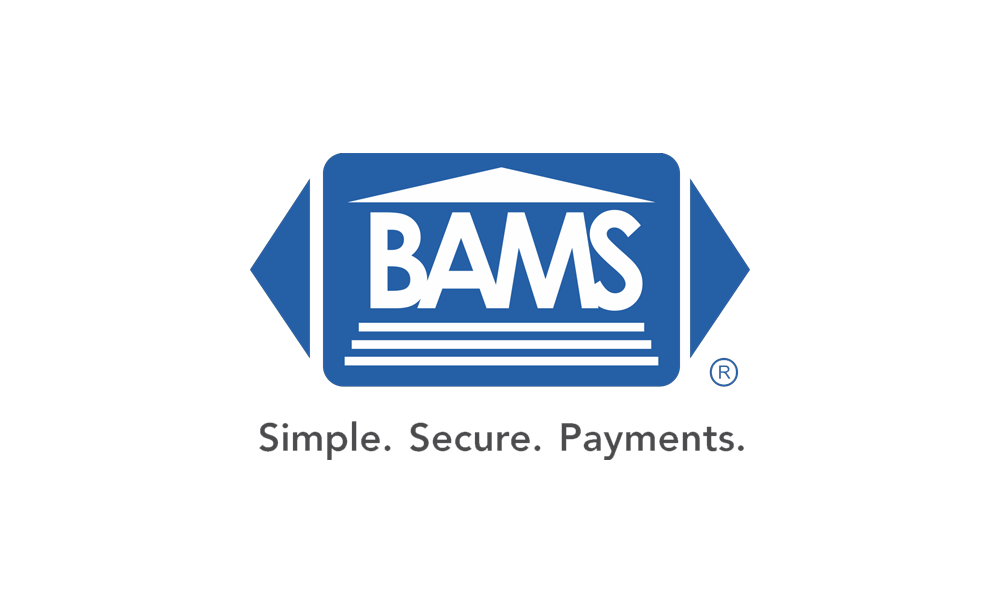Next Day Funding: How Long Does it Take for Merchants to Get Paid Out?
Next day funding is a feature offered by certain payment processors that allows merchants to access the money from their batched transactions in a single day – in some cases, as little as ten hours after a transaction is submitted. Most merchants on standard funding plans don’t get access to their funds nearly as quickly, instead being subject to standard holds that see funds delayed by days, or in some cases, nearly an entire calendar week. The following is a quick breakdown of how the funding process works, what standard holds are, and how next day funding benefits merchants eligible to receive it.
What Does the Standard Merchant Funding Process Look Like?
The funding process begins when a merchant batches their transactions. “Batching” is when a merchant sends multiple transaction authorization requests – or a “batch” – to their payment processor to be settled and paid out. While each transaction is approved individually at the time it’s made, it makes more sense logistically to send settlement requests together in groups either once or a few times a day, rather than one at a time.
Once the payment processor has the authorization requests, a waiting period known as a “standard hold” begins. The standard hold is imposed by most payment processors for a number of reasons. First, standard holds act as a risk mitigation procedure, protecting the processor, ISO, and any other parties involved in case a bad merchant disappears or doesn’t deliver on their side of the bargain and the customer demands a refund. Holding funds ensures at least some money will always be available to cover those types of costs when they inevitably arise. But, even without the risk management aspect, the settlement process itself can take a day or two to complete, delaying the ability of the processor to send a merchant their funds even when they’re well established and represent little to no risk.
How Long is the Average Standard Hold?
The majority of merchants are subject to standard holds, which often last for two to three business days. In cases where merchants represent higher risk, holds can occasionally be extended even further on a case-by-case basis. Two or three business days doesn’t sound like much, but it’s important to consider them in context. For instance, a restaurant or other small business doing a large chunk of its sales on a Friday night will see the money earned sit dormant over the weekend and then be held Monday, Tuesday, and potentially Wednesday as well. The result is that revenues earned might be delayed by as many as five calendar days – a potentially major headache when you consider that funding represents cash flow, the lifeblood of all business.
How Does Next Day Funding Work?
Next day funding is an alternate structure that sees the standard hold eliminated for merchants that have demonstrated a long history of trustworthy operations and, as a result, little risk to the processor. With next day funding, a merchant’s earnings are released to their bank account the following morning as long as the batch makes it in before the processor’s cutoff time. For instance, a BAMS merchant with next day funding that submits a batch before the 9 PM EST cutoff time will see the funds hit their account by 7 AM EST the following morning – just ten hours later.
Next day funding is a great feature because it helps merchants access liquid cash faster and, in turn, improves their financial health. But, because the settlement process likely can’t finish in time for the funding to go through, the processor actually fronts the money to the merchant while waiting for the funds to clear. Even with well-established merchants, that represents additional risk, which makes processors somewhat selective with who can and can’t access next day funding.
How Can Merchants Access Next Day Funding?
Merchants looking to access next day funding first need to ensure they’re working with a payment processor that offers it. Not all processors are willing to take on the additional risk, and in some cases, even the most trustworthy merchants can’t avoid standard holds.
Assuming their processor does offer next day funding, to be eligible, merchants will need to meet the processors underwriting standards, which are generally based on factors like the length of time the merchant has operated, the length of the existing processing relationship, any history of chargeback or fraud problems, the type of goods or services being sold, and more.
However, assuming next day funding is offered, the best thing a merchant can do is reach out to their account manager and ask for it. The worst that can happen is the processor will say no, but the potential reward of avoiding standard holds of two to three business days or more represents a huge benefit.
To find out more about the BAMS next day funding program, its requirements, and how your business could access your funds in as little as ten hours, reach out to the BAMS team or submit a request for a comprehensive five-point price comparison today.




